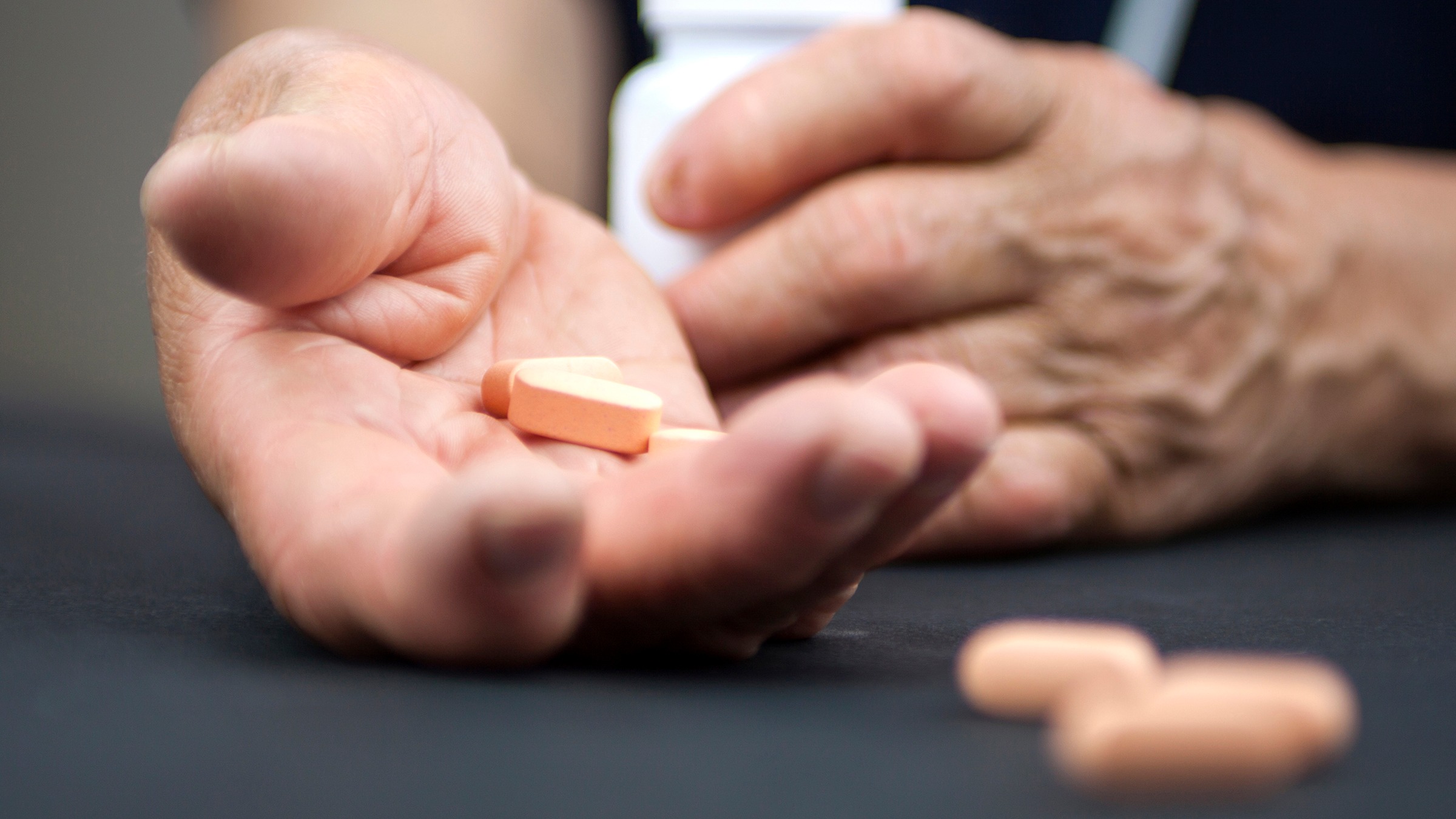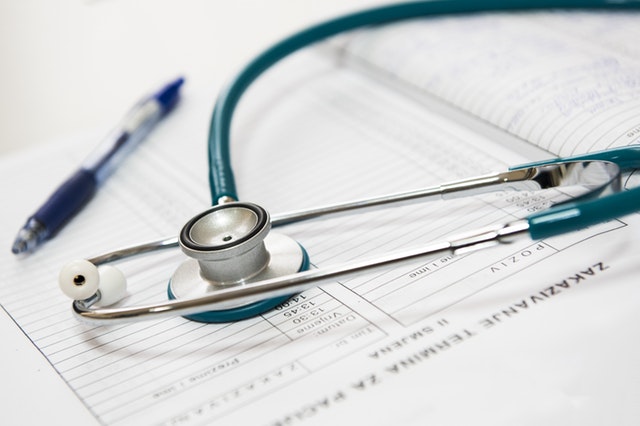Understanding Hypertension: Causes, Symptoms, and Prevention

Hypertension (high blood pressure) is a global health crisis affecting over 1 billion people. Dubbed the "silent killer," it often develops without symptoms while damaging arteries and organs, dramatically increasing risks of heart attacks, strokes, and kidney disease. Major causes include excessive salt intake, obesity, physical inactivity, stress, and genetic factors. Alarmingly, nearly half of hypertensive adults remain undiagnosed. The good news? Lifestyle changes like a balanced diet (rich in fruits/vegetables), regular exercise, weight management, and stress reduction can prevent and control hypertension. Regular blood pressure checks are crucial for early detection and prevention of life-threatening complications.
What Is Hypertension?
Hypertension occurs when the force of blood against artery walls is consistently too high. Blood pressure is measured in millimeters of mercury (mmHg) and recorded as two numbers:
Systolic pressure (top number): Pressure when the heart beats.
Diastolic pressure (bottom number): Pressure when the heart rests.
A normal reading is around 120/80 mmHg. Hypertension is diagnosed when readings consistently exceed 130/80 mmHg.
Causes and Risk Factors
Several factors contribute to high blood pressure, including:
Unhealthy diet: Excessive salt, fat, and processed foods.
Lack of exercise: Sedentary lifestyles weaken the cardiovascular system.
Obesity: Excess weight strains the heart and arteries.
Genetics: Family history increases susceptibility.
Stress: Chronic stress may elevate blood pressure temporarily.
Alcohol and tobacco use: Both can damage blood vessels over time.
Symptoms and Complications
Most people with hypertension experience no symptoms, but severe cases may cause:
Headaches
Shortness of breath
Nosebleeds
Blurred vision
If untreated, hypertension can lead to:
Heart attack or stroke
Kidney damage
Vision loss
Cognitive decline
Prevention and Management

Lifestyle changes play a key role in controlling blood pressure:
Eat a balanced diet: Focus on fruits, vegetables, whole grains, and lean proteins. Reduce salt intake.
Exercise regularly: Aim for at least 150 minutes of moderate activity per week.
Maintain a healthy weight: Losing even 5-10 pounds can make a difference.
Limit alcohol and quit smoking.
Manage stress: Techniques like meditation and deep breathing can help.
For some, doctors may prescribe medications such as ACE inhibitors, diuretics, or calcium channel blockers.
Conclusion
Hypertension is a serious but manageable condition. By adopting healthier habits and monitoring blood pressure regularly, individuals can reduce risks and improve overall well-being. Early detection and proactive care are essential in combating this silent threat.
Would you like me to focus on a specific aspect, such as diet tips or hypertension in certain age groups? Let me know how I can refine this further!
ADVERTISEMENT





